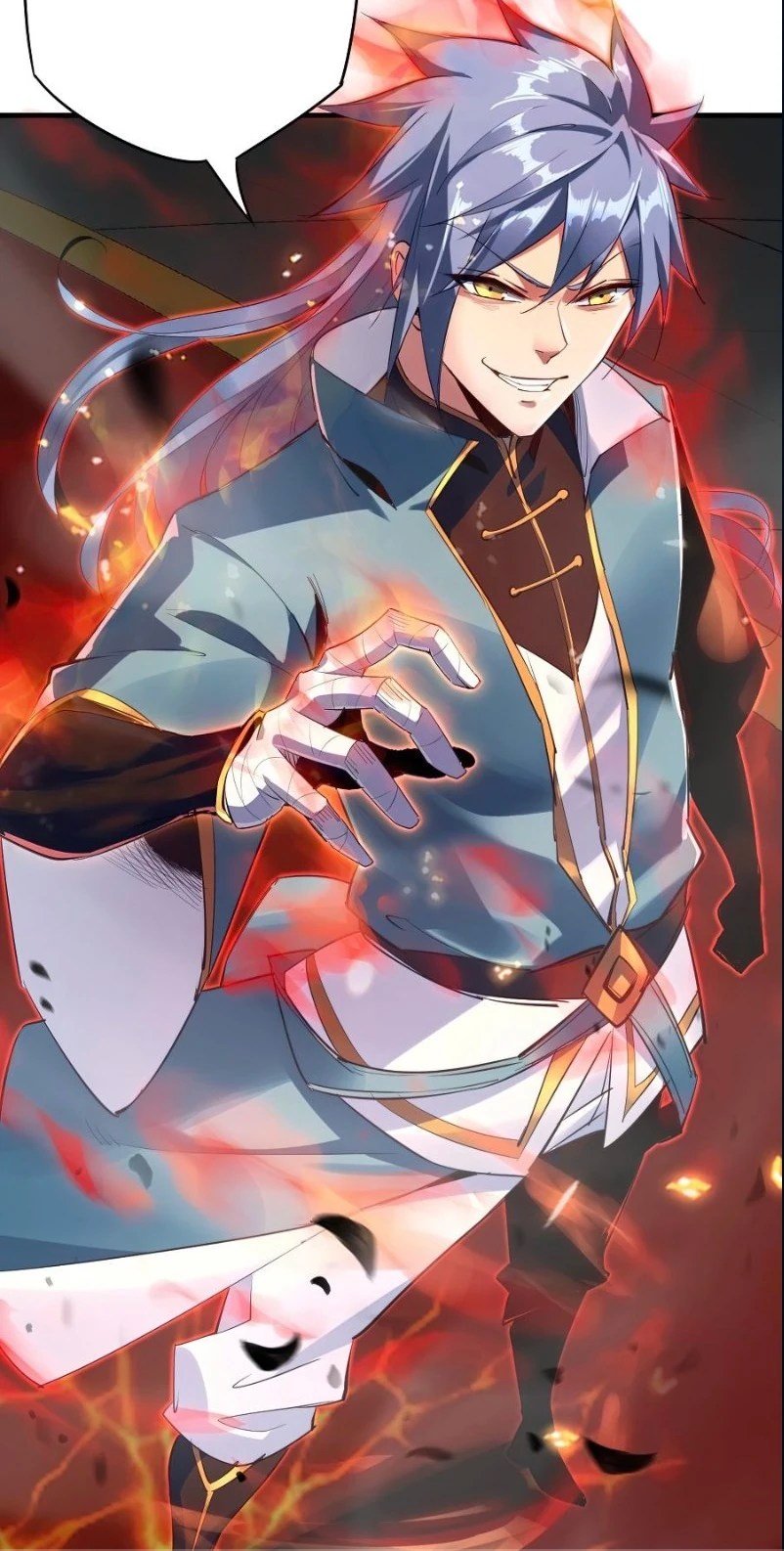Predestined for Darkness Exploring the Fated Villain Trope
Are some individuals simply born bad? The idea of a character destined for villainy, a soul preordained for darkness, is a recurring and captivating theme in narratives across various mediums. From literature to film, the "fated villain" archetype explores complex questions of free will, determinism, and the nature of evil itself.
The concept of being predestined for a villainous path taps into our fascination with the origins of evil. Is it a choice, a consequence of circumstance, or an inescapable destiny woven into the fabric of a character's being? This trope explores the potential for darkness within us all and the factors that might push someone towards a life of wrongdoing.
The "fated to be a villain" trope has its roots in ancient mythology and folklore, where figures like Judas Iscariot and Loki embody the idea of a predetermined fall from grace. This narrative device carries significant weight, shaping our understanding of morality and the complexities of human nature. It challenges us to consider whether individuals can escape a seemingly preordained path.
One of the central issues related to this trope is the question of agency. If a character is truly destined for villainy, do their choices even matter? This raises complex philosophical debates about free will versus determinism. Exploring the villain's internal struggles against their perceived fate can add depth and nuance to their character, making them more relatable and sympathetic, even as they commit terrible deeds.
Furthermore, the "fated villain" trope often delves into the psychology of villainy. Characters burdened by prophecies or cursed by their lineage may exhibit a sense of fatalism, believing their actions are inconsequential in the face of an unavoidable destiny. This sense of powerlessness can be a powerful motivator for their descent into darkness.
Exploring the history of a character deemed a future villain can provide valuable context for their motivations. Perhaps they were victims of abuse, neglect, or societal injustice, leading them to embrace a villainous persona as a form of rebellion or a twisted pursuit of justice.
One could argue that a perceived destiny for evil could ironically become a self-fulfilling prophecy. If others treat an individual as if they are inherently bad, it might push them towards fulfilling that expectation. This highlights the power of perception and the potential for societal influences to shape a person's trajectory.
One example of the "fated villain" trope is Darth Vader from Star Wars. Anakin Skywalker's journey to the dark side is driven by fear, manipulation, and a prophecy foretelling his role in bringing balance to the Force. While the prophecy itself is ambiguous, Anakin's interpretation of it, fueled by Palpatine's influence, leads him to embrace his perceived destiny as a villain.
Another example is the character of Magneto from the X-Men. His experiences as a Holocaust survivor shape his distrust of humanity and fuel his belief that mutants are destined to be feared and persecuted. This perception leads him to embrace a more aggressive stance, often bordering on villainy, in his efforts to protect mutantkind.
Advantages and Disadvantages of the "Fated Villain" Trope
| Advantages | Disadvantages |
|---|---|
| Adds depth and complexity to villain characters | Can diminish the villain's responsibility for their actions |
| Explores themes of free will and determinism | Can become a predictable narrative device if overused |
| Creates dramatic tension and suspense | Can perpetuate harmful stereotypes about predetermined destinies |
Frequently Asked Questions about the "Fated Villain" Trope:
1. Does the "fated villain" trope remove free will? (This is complex, and depends on the specific narrative.)
2. Are fated villains always sympathetic? (Not necessarily, but their backstory can often evoke empathy.)
3. Can a fated villain be redeemed? (This is a common narrative arc, adding layers of complexity.)
4. Is this trope always explicitly stated? (Sometimes it's implied through backstory and character choices.)
5. What are some other examples of this trope? (Macbeth, Oedipus Rex, Gollum from Lord of the Rings.)
6. How can writers avoid making this trope cliche? (Focus on the internal struggles and motivations of the character.)
7. Can a hero also be "fated"? (Yes, creating interesting parallels and conflicts.)
8. Is the "fated villain" trope always effective? (Its effectiveness depends on the execution and the overall narrative.)
In conclusion, the "fated to be a villain" trope provides a rich framework for exploring complex themes of morality, free will, and the nature of evil. By delving into the origins and motivations of these characters, narratives can offer compelling insights into the human condition. While the trope can be a powerful tool for storytelling, it's crucial to avoid simplistic portrayals and instead focus on the nuances of character development. Ultimately, the enduring appeal of the "fated villain" lies in its ability to challenge our assumptions about good and evil, and to prompt us to consider the forces that shape our own choices and destinies. By examining the paths these characters take, we gain a deeper understanding of the struggles we all face in navigating the complexities of life and the choices that define who we become. Explore the narratives, consider the complexities, and delve into the fascinating world of the "fated villain".
The allure of dark monikers exploring japanese names for fictional antagonists
Obsessed much decoding the allure of black exterior paint
Unlocking expression the power of simple chicano drawings easy














